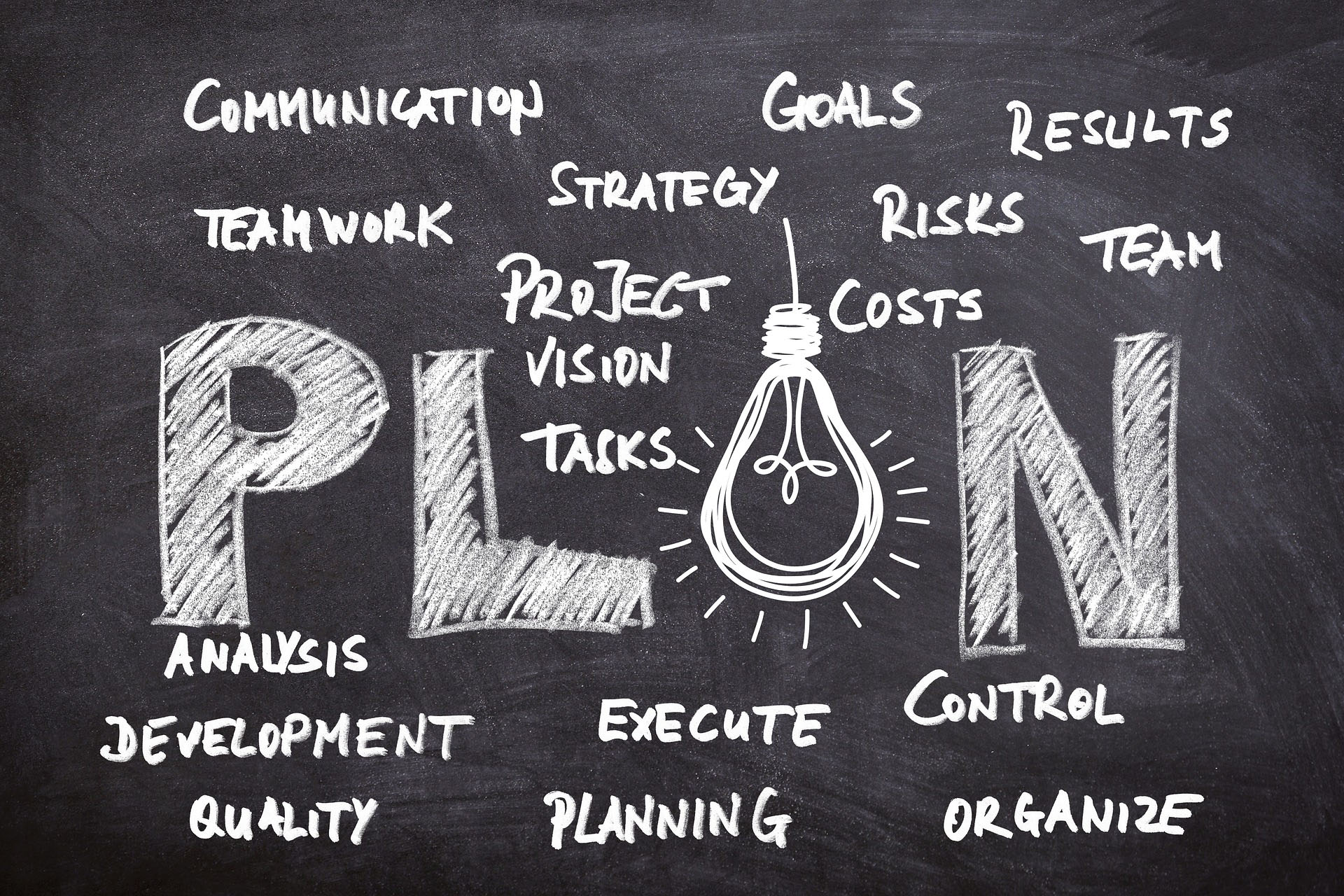Gentile utente,
poiché sul nostro sito sono utilizzati dei c.d. cookie per diverse finalità, con questa informativa vogliamo spiegarti cosa sono i cookie e come vengono utilizzati sul sito, ai sensi dell’art. 13 del Regolamento UE 2016/679 del 27 aprile 2016 relativo alla protezione delle persone fisiche con riguardo al trattamento dei dati personali.
A. Cosa sono i cookie e a cosa servono
I cookie sono piccoli file di testo che i siti visitati dall’utente inviano direttamente al suo terminale (solitamente al browser), dove vengono memorizzati per essere poi ritrasmessi agli stessi siti alla successiva visita del medesimo utente (c.d. cookie propri di prima parte). Nel corso della navigazione su un sito, l’utente può ricevere sul suo terminale anche cookie di siti o di web server diversi (c.d. cookie di terze parti); ciò accade perché sul sito web visitato possono essere presenti elementi come, ad esempio, immagini, mappe, suoni, specifici link a pagine web di altri domini che risiedono su server diversi da quello sul quale si trova la pagina richiesta. In altre parole, sono quei cookie che vengono impostati da un sito web diverso da quello che si sta attualmente visitando.
I cookie possono avere una durata limitata ad una singola sessione di navigazione sul browser (c.d. cookie di sessione), ed in tal caso si disattivano automaticamente al momento della chiusura del browser da parte dell’utente; oppure possono avere una scadenza predeterminata e, in tal caso, rimarranno memorizzati ed attivi nel tuo hard disk fino a tale data di scadenza, continuando a raccogliere informazioni nel corso di differenti sessioni di navigazione sul browser (c.d. cookie permanenti).
I cookie sono utilizzati per diverse funzioni. Alcuni sono necessari per consentirti di navigare sul Sito e usufruire delle sue funzionalità (c.d. cookie tecnici). Altri sono utilizzati per ottenere informazioni statistiche, in forma aggregata o non, sul numero degli utenti che accedono al Sito e su come il Sito viene utilizzato (c.d. cookie di monitoraggio o analytics). Altri, infine, sono utilizzati per tracciare un tuo profilo di consumatore e farti visualizzare annunci pubblicitari sul Sito che possano essere per te interessanti, in quanto coerenti con i tuoi gusti e le tue abitudini di consumo (c.d. cookie di profilazione).
Puoi modificare in qualsiasi momento il consenso ai cookie, cliccando direttamente il link nel footer del sito
B. I cookie tecnici
I cookie tecnici sono utilizzati sul Sito al solo fine di rendere possibile la tua navigazione e consentirti di utilizzarne le funzionalità. Si tratta sempre di cookie di prima parte, in quanto sono veicolati direttamente da noi sul Sito.
Alcuni cookie tecnici sono indispensabili per offrirti un’ottimale esperienza di navigazione (sono normalmente cookie di sessione e, pertanto, una volta chiuso il browser di navigazione, vengono di disattivati automaticamente).
Altri cookie tecnici sono utili per consentirti di memorizzare alcune tue preferenze (ad esempio, la lingua o il paese di provenienza) senza doverle reimpostare nel corso delle visite successive (c.d. cookie di funzionalità). Per questo motivo, i cookie di funzionalità sono spesso cookie persistenti, in quanto rimangono memorizzati nel tuo computer anche dopo la chiusura del browser di navigazione, fino alla data di scadenza per essi prevista o fino a quando tu abbia deciso di eliminarli.
Sul Sito sono attualmente utilizzati i seguenti cookie tecnici:
| Nome del Cookie |
Categoria del cookie |
Funzione del cookie |
| moove_gdpr_popup |
– cookie tecnico |
Memorizza lo stato del consenso ai cookie dell’utente per il dominio corrente – dura 1 anno |
Come previsto dalla normativa vigente in materia di privacy, per l’installazione di tali cookie non è richiesto il tuo preventivo consenso. Naturalmente sei libero di bloccare l’installazione dei cookie tecnici, modificando le impostazioni del tuo browser (Paragrafo E). Considera, tuttavia, che, bloccando l’installazione dei cookie tecnici, o successivamente eliminando gli stessi, la possibilità di accedere al Sito, di usufruire in tutto o in parte dello stesso, di abilitare o disabilitare determinate funzioni o di ricevere determinati servizi potrebbe essere in tutto o in parte compromessa.
C. I cookie di monitoraggio o “analytics”
I cookie analytics sono utilizzati sul Sito per raccogliere informazioni statistiche, in forma aggregata o non, sul numero degli utenti che accedono al Sito e su come questi visitano il Sito stesso.
I seguenti cookie analytics di terza parte sono installati sul Sito senza il tuo consenso preventivo, perché essi sono meno invasivi in quanto anonimizzati, non potendo le terze parti accedere a dati disaggregati di analytics a livello di indirizzo IP (in altre parole, utilizzando questi cookie, i soggetti terzi non possono risalire alla tua identità):
D. I cookie di profilazione
I cookie di profilazione sono utilizzati per creare un tuo profilo di utente, basato sulle preferenze ed i gusti da te manifestati durante la navigazione su Internet, e farti visualizzare messaggi pubblicitari coerenti con il tuo profilo.
Sul nostro sito non sono presenti cookie di profilazione
E. Come gestire i cookie ed opporti al loro utilizzo
Segui le istruzioni fornite dal produttore del browser che utilizzi per scoprire come gestire, disabilitare o cancellare tutti i cookie (tecnici, analytics e di profilazione):
Fai le tue scelte con attenzione. Bloccando indiscriminatamente la ricezione di tutti i cookie, inclusi quelli tecnici, senza prevedere una specifica eccezione per il Sito, potresti, infatti, non essere più in grado di navigare sul Sito o di usufruire in tutto o in parte delle sue funzionalità. Inoltre, cancellando tutti i cookie dal browser, anche i cookie tecnici potrebbero essere rimossi e, pertanto, potresti rimuovere le preferenze che hai impostato utilizzando il sito.
***
Il Titolare non è responsabile per l’aggiornamento di tutti i link visualizzabili nella presente Informativa Cookies, pertanto ogni qualvolta un link non sia funzionante e/o aggiornato, gli Utenti riconoscono ed accettano che dovranno sempre far riferimento al documento e/o sezione dei siti internet richiamati da tale link.


